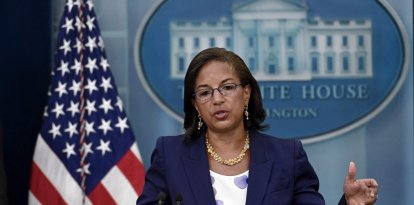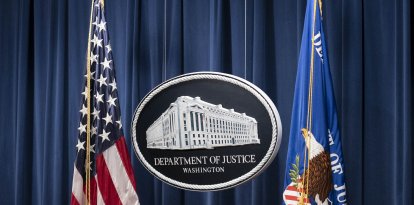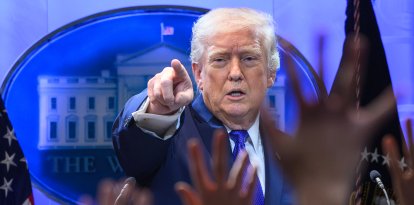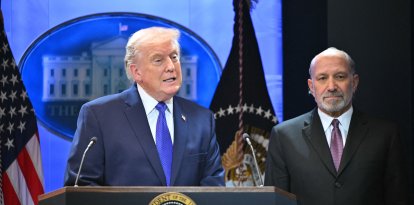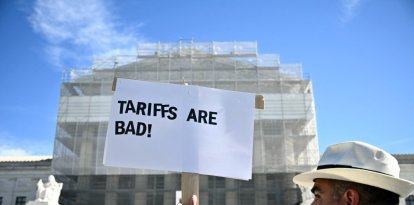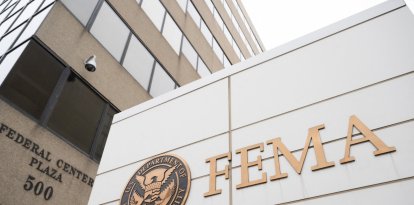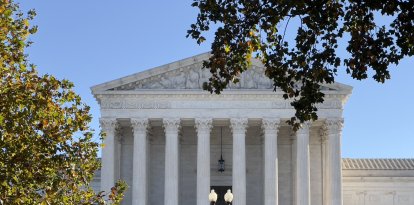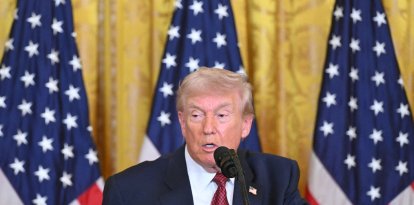Federal judge declares Trump's use of the Alien Enemies Act to deport suspected gang members illegal
The ruling, issued by Judge Fernando Rodriguez Jr., represents a significant setback for the Administration's immigration policies and extends a block on deportations under the law in South Texas.
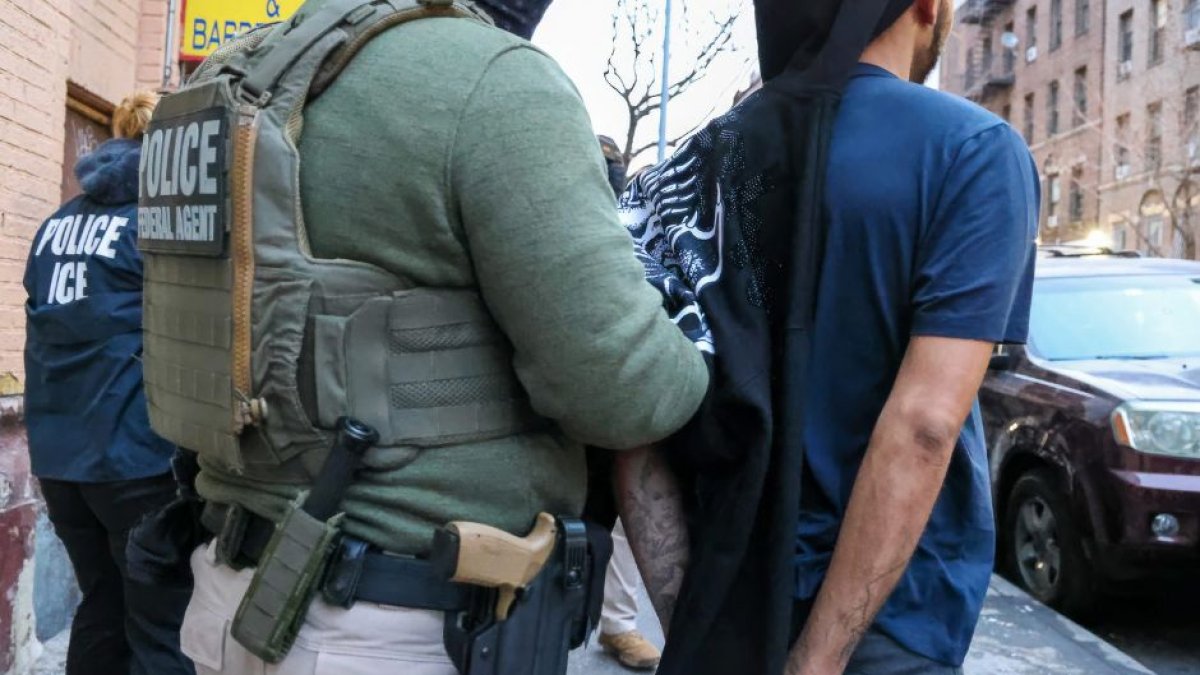
Member of the Tren de Aragua gang arrested.
A federal district judge in Texas ruled on Thursday that President Donald Trump cannot use the Alien Enemies Act (AEA) of 1798 to quickly deport suspected members of the Venezuelan Tren de Aragua (TdA) gang to a prison in El Salvador.
The ruling, issued by Trump appointed Judge Fernando Rodriguez Jr., represents a significant setback for the Administration's immigration policies and extends a roadblock to deportations under this law in South Texas.
Judge Rodriguez ruled that the AEA, a statute rarely used in US history, can only be invoked in cases of an "invasion" or "predatory incursion" by an "organized armed force" entering the country.
In his ruling, Rodriguez rejected the Trump administration's claims that the law could apply to suspected gang members, arguing that the presidential proclamation "exceeds the scope of the statute and, as a result, is unlawful.”
“The Proclamation makes no reference to and in no manner suggests that a threat exists of an organized, armed group of individuals entering the United States at the direction of Venezuela to conquer the country or assume control over a portion of the nation. Thus, the Proclamation’s language cannot be read as describing conduct that falls within the meaning of ‘invasion’ for purposes of the AEA,” Rodriguez wrote.
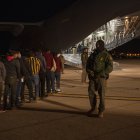
Politics
Federal judge orders government to return second migrant deported to El Salvador
Agustina Blanco
He also noted that while the proclamation mentions crimes committed by TdA members, it does not indicate that these acts constitute a "organized armed attack" or that Venezuela has threatened such an attack through the gang.
The AEA, enacted in 1798, allows for the summary deportation of migrants in exceptional circumstances, such as a foreign invasion. Historically, it was invoked during the War of 1812, the First and Second World Wars, and was used to justify the internment of Japanese during World War II.
The American Civil Liberties Union (ACLU), which has led multiple lawsuits against Trump's use of the law, argues that it is only applicable in times of war. While Rodriguez did not fully endorse this position, he did determine that Trump's interpretation went beyond the legal bounds of the statute.
The ruling comes in the context of sweeping immigration measures implemented by the Trump Administration in its first 100 days. More than 100 men, identified as suspected Venezuelan gang members, were deported to a mega-prison in El Salvador. These deportations have been the subject of criticism and legal challenges by organizations such as the ACLU, which hailed the ruling as a "significant legal victory."
Rodriguez also addressed the administration's argument that the courts do not have the authority to review the president's invocation of the AEA.
“Allowing the President to unilaterally define the conditions when he may invoke the AEA, and then summarily declare that those conditions exist, would remove all limitations to the Executive Branch’s authority under the AEA, and would strip the courts of their traditional role of interpreting Congressional statutes to determine whether a government official has exceeded the statute’s scope. The law does not support such a position,” the judge wrote.














